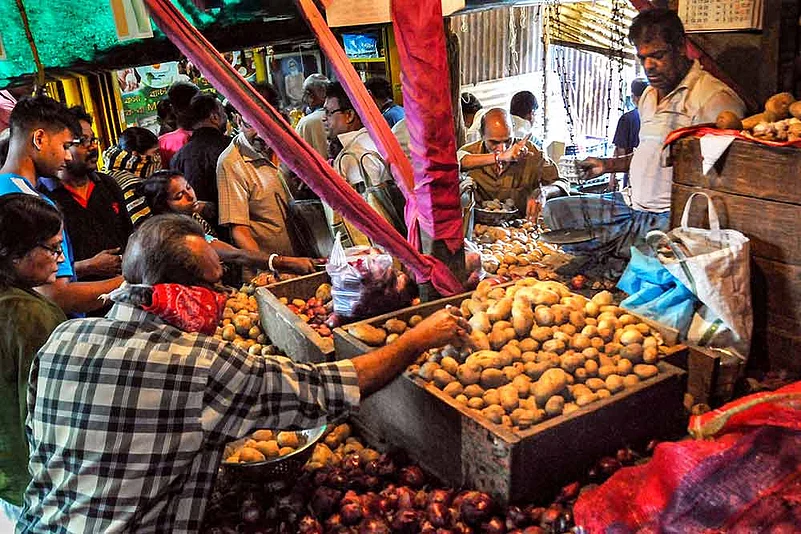An unprecedented lockdown has been enforced across the country to stem the spread of the novel coronavirus pandemic. People have been forced to stay at home, work from home; businesses have been shut. All these to minimise human-to-human contact and break the COVID-19 contagion’s chain. But life cannot be shut down completely, people cannot be put on cryo-sleep like space travel fiction. People need to buy food, the sick must get medical care, the power and water supplies must be running like in any normal day, the cops must be out to protect people (there would be many elements trying to take advantage of the situation)…People will have to travel in an emergency, medical or otherwise. So, the essential services must be up and running. But what does 'essential' mean in this context:
Advertisement
What are essential commodities?
At present, there are seven commodities scheduled under the Essential Commodities Act, 1955, as essential drugs; fertilizer, whether inorganic, organic or mixed; foodstuffs, including edible oil seeds and oils; hank yarn made wholly from cotton; petroleum and petroleum products; raw jute and jute textile; seeds of food crops, fruits and vegetables, cattle fodder, jute and cotton. The Act was enacted to ensure availability of ‘essential’ commodities to consumers and to protect them from exploitation by unscrupulous traders.
What are essential services?
These are any postal, telegraph or telephone service, including any service connected therewith; railway service or any transport service for the carriage of passengers or goods by air and any service connected with the operation or maintenance of aerodromes, any service in any major port. The government has the right to decide on transport, which in this case is restrictions on domestic and international flights, and passenger trains.
Advertisement
Essential services also include any service connected with the clearance of goods, any service in any establishment of the armed forces, any service in any establishment dealing with the production of goods required for defence, and any service in any section of any industrial undertaking pertaining to a scheduled industry on the working of which the safety of such undertaking or the employees employed therein depends.
The industrial undertakings includes any service in, or in connection with the working of, any system of public conservancy, sanitation or water supply, hospitals or dispensaries, cantonment, area or undertaking owned or controlled by the government. It also includes any service in connection with or in relation to banking and other government service.
Essential service restricted
However, the government has restricted the carriage of passengers through train and metro rail. States are taking independent measures whether to close or allow private offices to function, which are not related to emergency services.
The COVID-19 affected areas have invoked colonial era Epidemic Diseases Act, 1897 and section 144 of the Criminal Procedure Code (CrPC) of 1973 to restrict movement of people and spreading of the virus. Gathering of less than four people is allowed at any public place.
Prohibitory orders under Section 144
Section 144 of the CrPC authorises the executive magistrate of any state or territory to issue an order to prohibit the assembly of four or more people in an area. According to the law, every member of such 'unlawful assembly' can be booked for engaging in rioting.
Advertisement
Section 144 is imposed in urgent cases of nuisance or apprehended danger of some event that has the potential to cause trouble or damage to human life or property. Section 144 of CrPC generally prohibits public gathering.
Prohibition under Epidemic Diseases Act
The 1897 Act gives the power to take special measures and prescribe regulations against dangerous epidemic disease. Under the Act, temporary provisions or regulations can be made to be observed by the public to tackle or prevent the outbreak of a disease.
It may also give authorities the power to inspect "persons travelling by railway or otherwise, and the segregation, in hospital, temporary accommodation or otherwise, of persons suspected by the inspecting officer of being infected with any such disease".




















